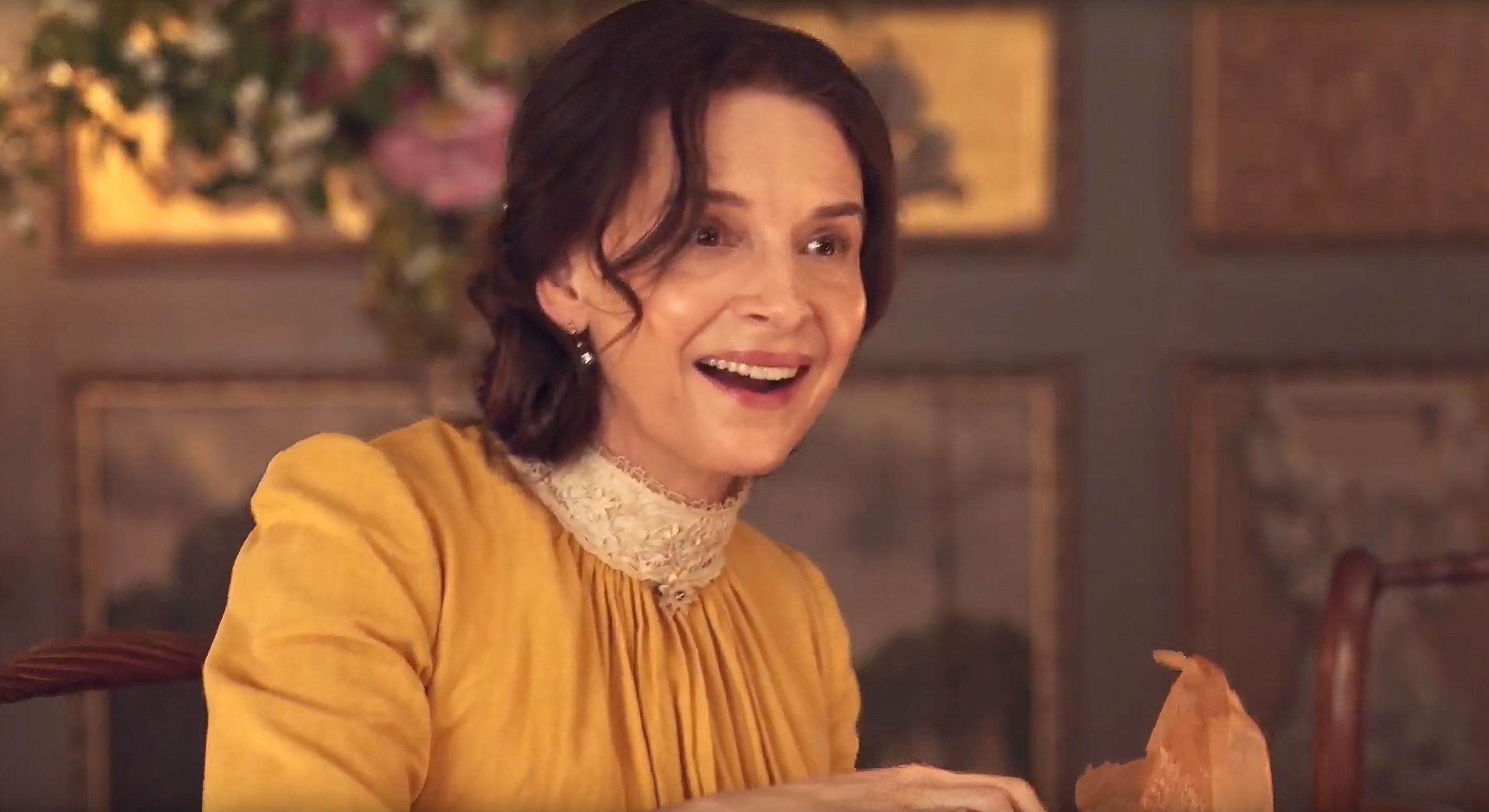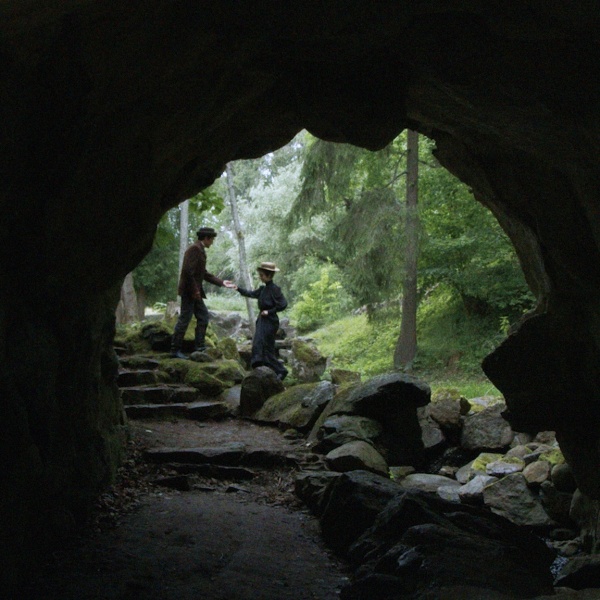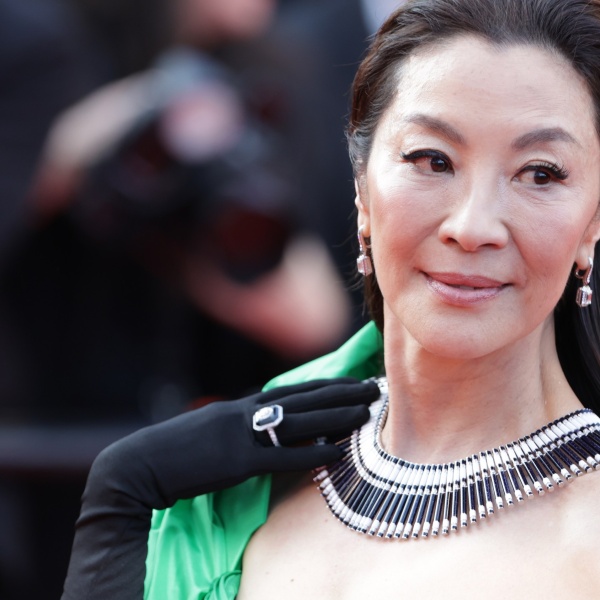This year’s Best International Feature Oscar race was filled with surprises, from Japan selecting a work from a German director (Wim Wenders’ “Perfect Days”) as its official submission over work from homegrown legends like Hayao Miyazaki’s “The Boy and the Heron” to France picking Tran Anh Hung’s “The Taste of Things” over Palme d’Or winner “Anatomy of a Fall.” And while “The Taste of Things” is remembered as one of the most acclaimed films of 2023, its star Juliette Binoche thinks that its Oscar submission led many people to unfairly criticize it.
In a new interview with the New York Times, Binoche spoke about the backlash that the film attracted for beating out Justine Triet’s “Anatomy of a Fall” and what she thinks critics misunderstood about it.
“First of all, we didn’t choose to be selected — we were chosen in spite of ourselves,” Binoche said of the film’s Oscar submission. “We put our lives to the side and gave ourselves fully to doing all the interviews.”
She went on to say that the film’s failure to receive an Oscar nomination prompted certain voices in the French press to attack it with what she viewed as shallow criticisms that missed its main points.
“After not being [nominated], Le Monde doubled down on our movie. It was a really mean take, saying that the movie was conventional and old-fashioned, that it was only about food. Some actors — famous ones at that — even liked that article on Instagram. I thought, wow, really? It was tough for Hung, who makes a movie every four or five years. I thought it was harsh, really harsh.”
Binoche previously shared her more nuanced thoughts on the film in a 2023 interview with IndieWire, in which she explained that the film used food as a way to illustrate the creative process and the ways that bonding over an art form can nurture a relationship.
“He really centered on love, this sharing relationship through an art form which is culinary art,” she said. “That was the film we shot. It’s a fairy tale story. It’s not a true story. For me it’s an analogy between director and actors. The director has the idea as the chef or the maker of those recipes, but the cook does it for real, and the actor is the cook, incarnating an idea.”






